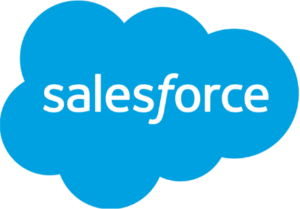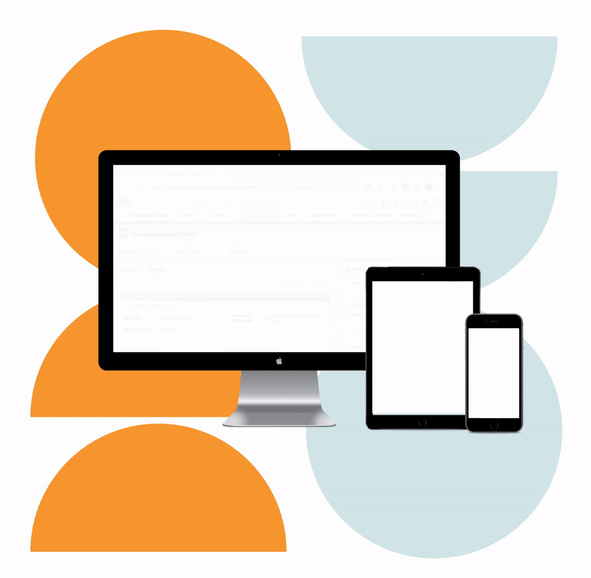Your Sales Team Hates Your CRM (and What to Do About It)
Have you ever encouraged honest feedback on your CRM?
Have your sales representatives described your system as ‘counterproductive,’ ‘ineffective’ or ‘fruitless?’
Major CRM platforms, with massively-large market caps and 150,000-plus companies on their platforms, are obviously doing a lot right. Enterprise sales leaders love CRMs because they can analyze the pipeline from every angle imaginable. Dashboards, dashboards, dashboards!!!
But many leaders have to beg, plead and threaten their sales teams to get them to log their calls and update forecasts. Docking commissions from reps who aren’t “CRM compliant” is unlikely to build a positive sales culture. And if your reps spend the last half day of every quarter updating their CRM rather than using it day to day, it’s a pretty good sign that you’ve given them a tool that they aren’t seeing enough value from.
You’ll never convince anyone to be passionate about administration if it only adds value for other people.
Of course, smart reps do benefit from the data storage and opportunity status that they save into their CRMs. But these tools, on their own, do not help them execute their key client meetings better. And for front line managers, they don’t help them coach their teams better either. (If you don’t believe me, survey your team anonymously).
In some cases, management’s relentless focus on pipeline analytics (the WHO and the WHAT of the sales process) distracts from the old school (HOW to sell, and HOW to coach). We’re so busy looking at what’s already happened this quarter that we forget to build the capability to make next quarter better.
No-one ever made a dollar from logging another call.

4 Tips to Drive CRM Engagement
Achieving CRM engagement and buy-in from your team is pretty simple. Salespeople and their front-line managers will enthusiastically embrace tools when they can clearly see how to save time and make more money.
Here are some tips to drive not just CRM engagement but build sustainable capability:
-
Prioritize pre-call planning for key meetings.
Influence the future, don’t just report on what’s happened. Complex sales don’t progress linearly. A small number of key meetings during each sale are critical – they either advance a sale or stop it dead in its tracks. Robust consistent pre-call planning operates like a flight pre-check – it helps surface opportunities and gaps in advance of key meetings for even your best salespeople, and they’ll see the results immediately.
-
Train your front-line managers to assess competencies objectively.
Require managers to build up a picture of the strengths and gaps of every member of their team. This allows them to focus precious coaching time where it will deliver the biggest return – they can start to build capability, not just act as a “super-rep”. Requiring pre-call plans on “ride-along” meetings is critical, because it forces a coaching conversation going into a meeting, and an objective review of outcomes afterwards to surface competency gaps that limit performance.
-
Establish coaching KPIs, and tie financial incentives to them.
Your front-line managers are the single most important layer in your org chart in determining how fast you can scale sales capability. Help them understand that their job requires more than coaching deals – they need to learn to coach the people.
-
Focus on managerial skill-sets.
Spend a little less time on pipeline analytics (the WHO and the WHAT that has already happened), and a little more time on “people analytics” (the HOW and HOW WELL of your reps and front-line managers) that will ultimately drive your future performance.
SWIFT™ for
Supercharge your CRM with a coaching and performance accelerator.
Interested in a fully integrated Salesforce app that delivers value-added call planning, transforms your managers from super-reps into coaches, and gives leaders a real-time dashboard of team competencies?
Swagger Sales™ trains your team to perform better and gives you the tools to track progress.
The dashboards bring all the information into one place – it’s really about accountability, you can look at it very quickly to see if you have a problem in a certain area.
Kim Moller, Senior Vice President of Sales
MiMedx Group, Inc


